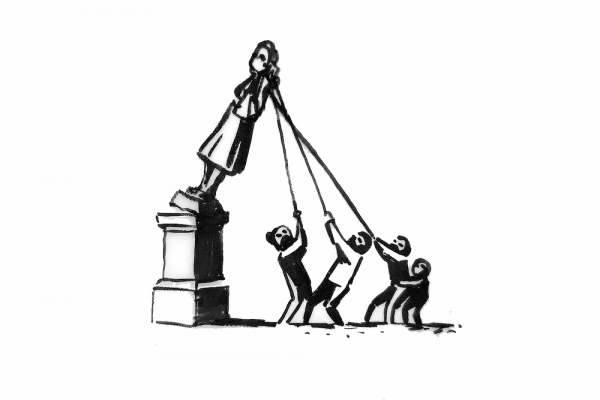Jun 11, 2020
Today, we must realize that because someone is aware of the struggle for black freedom in America doesn’t mean they have been moved to action. They may have the right language — even write books, give addresses, give statements — but their actions show a commitment to the status quo rather than social justice.
Read the Full Article

Already a subscriber? Login
